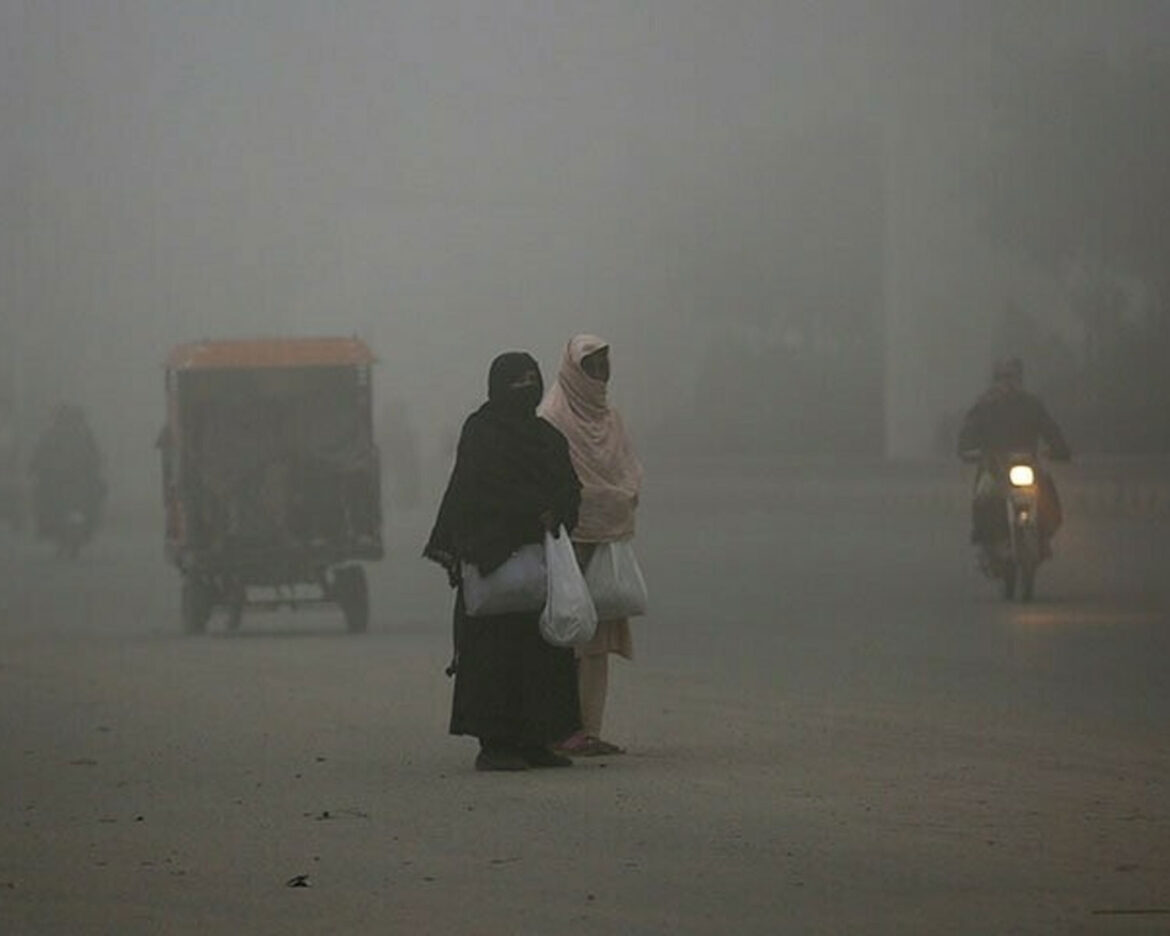It’s that time of year again, as smog blankets cities across Pakistan, with Lahore once again hitting alarmingly high Air Quality Index (AQI) levels. Currently recording an AQI of 394—nearly four times the healthy limit—Lahore has been named the most polluted city in the world, sparking urgent calls for more than just temporary solutions.
The annual smog season affects much of the region, including parts of neighboring India, where New Delhi is similarly impacted. A major contributor to this crisis is the burning of crop residue, a common agricultural practice that exacerbates air pollution. Despite awareness of the connection between stubble burning and air quality, both Pakistan and India have faced significant challenges in addressing it effectively. While arrests and fines have been imposed on farmers engaging in stubble burning in regions like Punjab and Haryana, experts argue that these punitive measures are insufficient in tackling the larger issue.
In response, Pakistani authorities have introduced measures to curb smog, including new school timings and a fireworks ban, while India has implemented steps such as water sprinkling on roads and boosting public transportation options. However, critics claim these actions amount to “band-aid solutions” rather than lasting remedies for the region’s persistent air pollution woes.
The core challenge lies in the limited agricultural support systems in both countries, which leave farmers with few viable alternatives to burning crop residue. Pakistan has initiated “Anti-Smog Squads” to educate farmers on safer practices, while India has tried subsidizing machinery for residue management, but high costs and accessibility issues have hindered widespread adoption. Experts suggest a collaborative approach, as both nations could benefit from joint technology-sharing initiatives and coordinated monitoring systems to manage air quality more effectively.
In addition to agricultural reforms, both countries need broader strategies, including investments in renewable energy, cleaner industrial practices, and the promotion of electric vehicles. Only a significant shift in air pollution policies and practices will prevent Lahore, New Delhi, and other affected cities from facing similar crises each winter.



